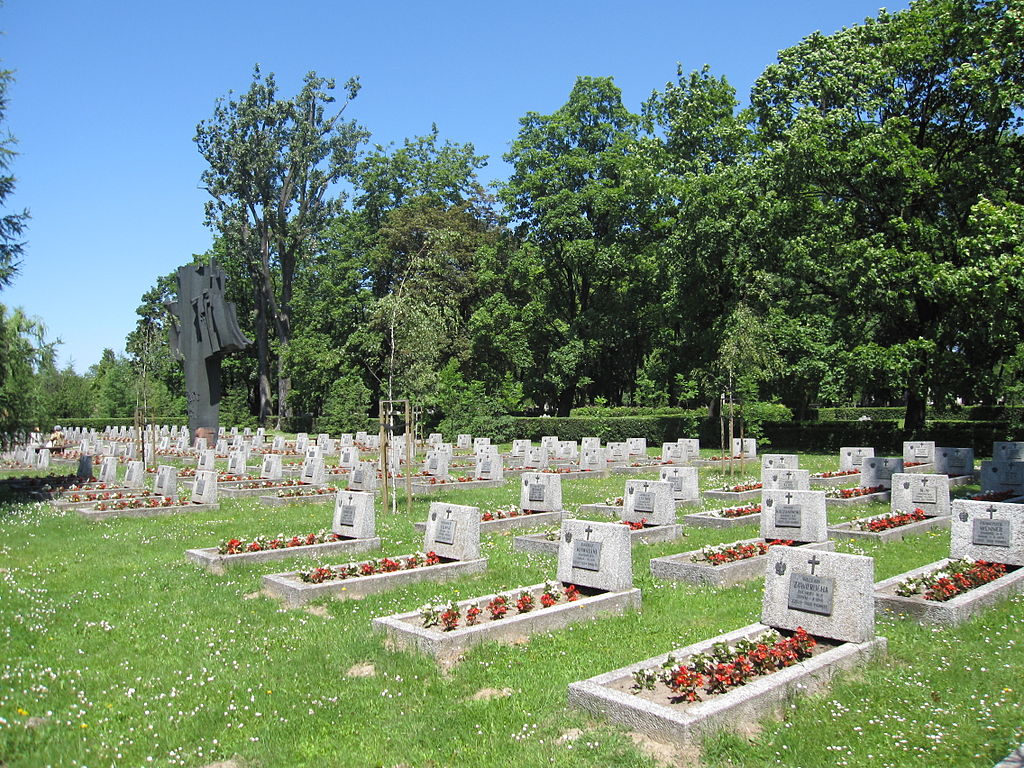
Rakowicki Cemetery. Photo: wikipedia
In late September, the Russian Embassy in Warsaw submitted a request to Poland's Council for the Protection of Struggle and Martyrdom Sites (ROPWiM) concerning the prospective monument, which would be erected at the historic Rakowicki Cemetery in Krakow.
However, ROPWiM secretary Professor Andrzej Kunert has told Polish Radio that the proposed monument is “unacceptable”, and that the governor of the Malopolska region is likewise opposed to the concept.
Professor Kunert noted that a more suitable form of memorial would be an Orthodox cross, accompanied by a plaque in both Polish and Russian.
Further controversy was sparked by claims from Russian daily Komsomolskaya Pravda that the proposed monument would bear an inscription recalling Soviet soldiers “martyred in Polish death camps.”
However, ROPWiM has denied that proposals for such an inscription were even submitted by the Russian Embassy.
There are also discrepancies as to the number of Russian POWs who died on Polish soil as a result of the Polish-Bolshevik War of 1919-1921.
A Polish-Russian historical commission concluded that 18,000 died, whereas the Russian Society of Military History, which was recently founded owing to a decree by President Vladimir Putin, cites 60,000.
Mayor of Krakow Jacek Majchrowski, himself a historian, said that about 174 Soviet soldiers are buried in communal graves at the Rakowicki Cemetery.
Poor conditions and the outbreak of epidemics took a lethal toll on POWs at Polish internment camps from 1919-1921.
Polish historians have objected to the deaths being compared to the 1940 Katyn Massacre, during which 20,000 Polish officers were shot by the Soviet secret police.
Historian Leszek Moczulski has argued that any plans for a monument should be postponed at present, with Polish-Russian relations strained owing to the Ukrainian crisis.
“Until Polish-Russian state relations return to normal, we should not deal with this issue at all,” he told the Gazeta Wyborcza daily. (nh)